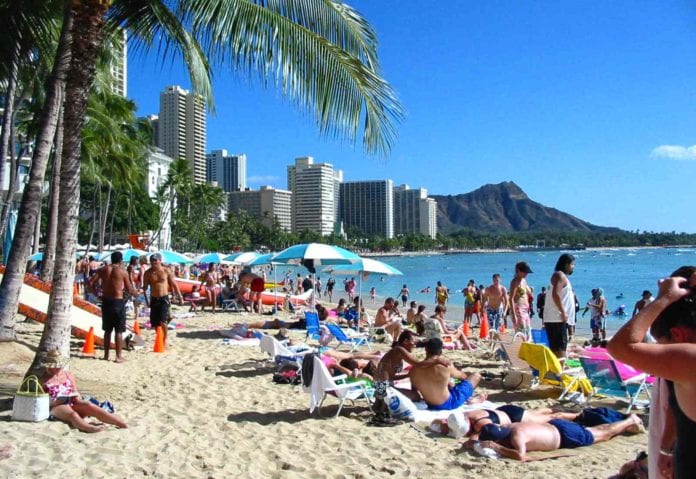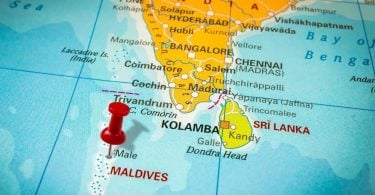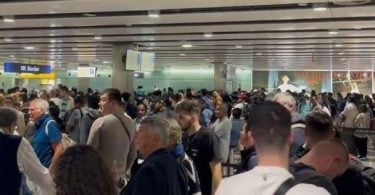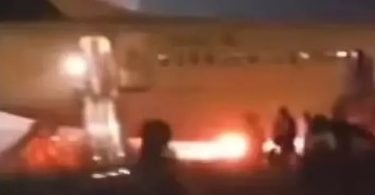When Rift Valley Railways fired two train drivers over allegations of them having stolen fuel, the alleged thieves quickly mobilized support among their fellow workers who then went on a sit-down strike, blissfully unaware of the circumstances of the sackings.
A source close to the railway offices in Kampala shared the view that “Thieves must be brought to book, and there is no place for thieves among any company’s workforce.”
The swift suspension of services has taken clients and government by surprise as the company is digging in its heels and rather ground services than letting the alleged thieves back into the cockpit of their trains.
Rift Valley Railways, in a related development, is also said to be quietly confident that the wrangles in Kenya over the routing of the second phase of the Standard Gauge Railway, in short SGR, may delay the project through court cases for a considerable period of time, should the Kenyan government and Kenya Railways not show some common sense and reroute the proposed rail line around the treasured Nairobi National Park.
In spite of insults handed by President Kenyatta to opponents of the routing, none of them have caved in, and court cases will unfold with in particular NEMA, the National Environmental Management Authority, under fire – alongside Kenya Wildlife Service Chair Dr. Richard Leakey – for not observing national law which requires an Environmental and Social Impact Assessment and public deliberations before a license can be granted by NEMA to a project of this nature.
The main beneficiary, therefore, will be the existing rail operation which connects the port of Mombasa, via Nairobi, to both Kisumu and the Ugandan border at Tororo, and once the wildcat strike is over and operations have resumed in Uganda, this will for the foreseeable future remain the only rail link to the Indian Ocean.























